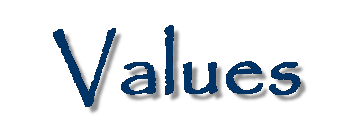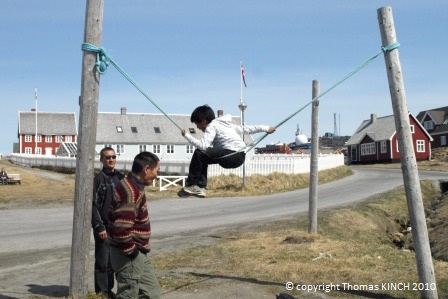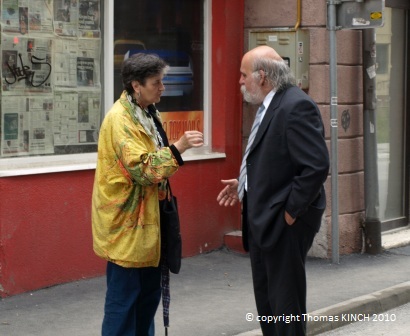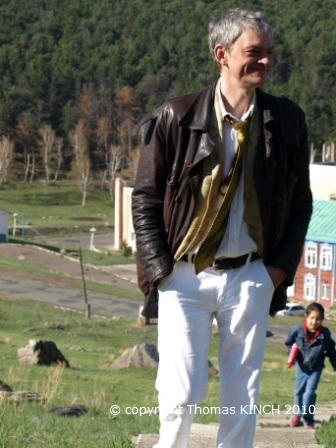

|

|

|


|

|

|

Basically, there are two types of perfected professional performance: Craftsmanship (Mastery) and Art. Some few times the two are combined to the upmost and unique perfection. Mastery is the ability to perform the perfect outcome repeatedly. Mastery requires solid practical experience on top of the necessary skills (craftsmanship) as well as in-depth knowledge of all chains in the process which leads to the final outcome. Mastery is Perfection, though not necessarily unique. Art is the ability to perform with a touch of unique magic in a never-seen-before way which will stand the passage of time leaving the audience completely blank though with the will to perform even better. Art inspires. However, most of us recognize that not all who are titled as artists possess Mastery. Obviously, technical advisory requires Mastery and accordingly perfection. But in order to inspire Mastery is hardly enough since most clients are solid masters in their own right. Accordingly, those technical advisors who opt for only one of the two will fail their task, even though Mastery alone appears to be the prime and often sole criteria of selection. Technical advisory is the ability among Masters to inspire, which sometimes requires a light touch of magic, but where the magic is transparent inducing other masters to learn and adapt through appraisal of the basic logic within. Technical advisory is the art of inspiration.
|

|

The ability to turn a kayak underneath water can be a matter of life and death in some parts of this wonderful world. Better start early and on safe grounds - guided by true masters, of course. Nuuk, Greenland, 2009 |

Does smartness always equal quality of life? Have we become slaves of our own aspirations? Be chic??? Podgorica, Montenegro, 2010 |

|

Mastery based upon long practical experience obtained in at distant home country appears to be still more trivial, less reliable, and less profound. Having a bag stuffed with ready tools and techniques, lectures and presentations adapted and learned long ago in a distant location does not make a technical advisor. More often harmonising existing local practices to international standards is the issue which obviously requires in-depth knowledge on how information is produced, used and transposed through different levels. Proven experience in the ability to re-construct and re-design the tools from scratch to a complete new environment is the absolute minimum. But even then differences in working habits, in procedures, in culture, and in overall economic behaviour might well be an issue. And to that end no preloaded bag will fit the task. It simply takes quite other competences. In that, mentoring has little to do with lecturing and writing guidelines; more often listening and open dialogue is the only way forward. In other words ethics and values matter. And the cornerstones in the approach must be Transparency, Overall logic, Dialogue and Timing.
|

Changes to existing practices never come easy. Institutional rigidity is in that respect the least concern though it might well be the prime barrier. Much more important is the individual attitude to new practices often followed by new institutional paradigms and working procedures. Dialogue is an essential tool. Understanding the working habits, the norms and the traditions within the client organisation another. But even more so understanding the culture, the local environment and economic behaviour are crucial for the outcome of technical assistance to Human Resource Development. And yet understanding covers far more than reading a traveller’s guide or a World Bank Report. Technical advisory is not just Mastery among masters. It is also the ability to be present in every sense in order to exploit the local potentials within. That requires the ability to adapt, to see, sense and listen. It is the will to learn.
|

|

Sarajevo, Bosnia-Herzegoovina, 2008 |

Changes comes from a desire to see what lies beyond ... safely, together Bran Castle, Romania, 2005 |

|

It has never been my objective to impose changes where existing practices works perfectly or at least can do the same job with a simple update of techniques. And neither is it my objective to create and introduce complicated and complex systems and techniques just because it can be done where more simple and user-friendly methods can do the same job, often more efficiently. If my task is to make a difference though not necessarily always in technical terms, the ability to inspire becomes essential. If my task is to establish proposals for measures to impact on the local, regional, and national economic environment I try deliberately to describe the intuitive logic in the proposals rather than using academic expressions which no decision maker or caretaker are able to comprehend. And if my task is to evaluate ongoing procedures I try to study reasons as much as the quantitative outcomes. But first and foremost I sense my prime mission is to establish answers to the fundamental question of “Why?”, including “why do we do it this way?” and “what is the basic purpose in a broader perspective?”. In that respect transparency becomes vital in terms of techniques, in terms of purposes, and in terms of outcomes (and in how to measure them).
|

I am not a magician, not even an illusionist. Rather on the contrary. I keep nothing hidden in my sleeve. Neither I pretend to be an artist. I know I am not but at least I allow the environment and my audience to inspire me in humble and sincere respect for the assignment and the local masters and their course. If I am magical it must be because the world has become square, too rational, and too straightforward in our senseless and to me meaningless struggle to become identical. And that, excuse me, is boring and even lesser progressive. If we all did the same we would never have created the wonders of the world. With or without magic.
|

|

Nukht, Mongolia, 2010 |



© copyright 2022 Thomas KINCH
All rights reserved